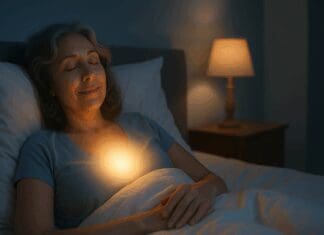Menopause
Menopause is a natural yet often misunderstood transition, and HerHealthWatch is committed to demystifying this stage with insightful, science-backed content. Our Menopause section addresses everything from hormone fluctuations and symptom management to lifestyle adjustments that enhance vitality and comfort. Learn about the best natural remedies, medical treatments, and nutritional strategies to combat hot flashes, mood swings, and sleep disturbances. With expert advice on bone health, libido changes, and cognitive wellness, we empower women to embrace this phase with knowledge and confidence. Whether you’re in perimenopause, experiencing menopause, or navigating postmenopause, we provide practical, reassuring insights to help you maintain a vibrant, fulfilling life.












